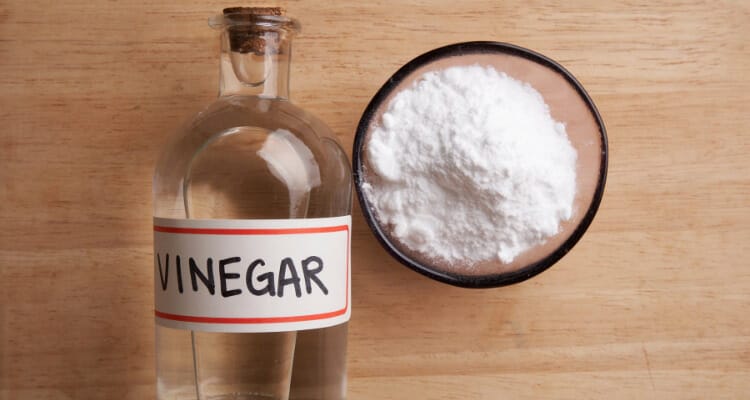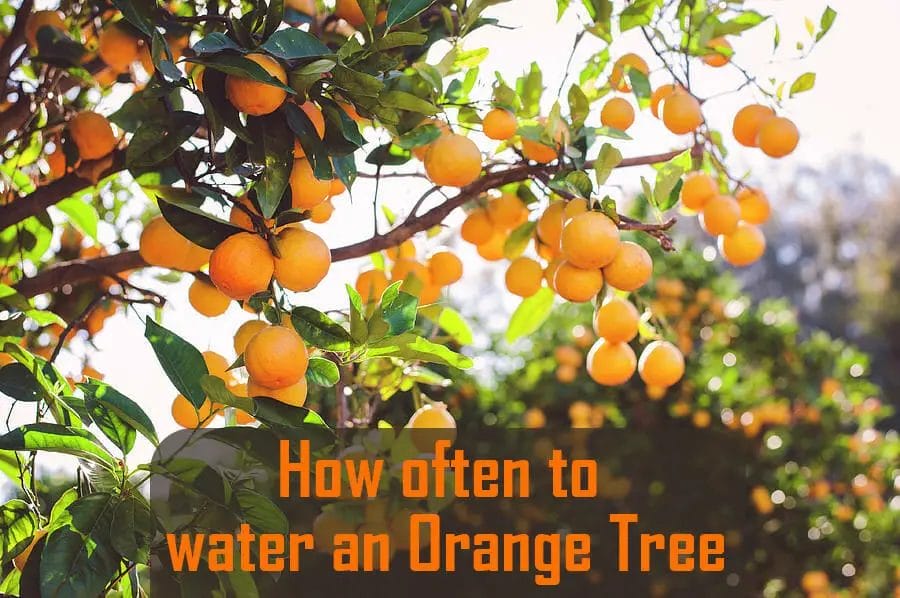Water spots can be a real pain to remove from your car. Not only do they make your car look dirty, but they can also damage the paint if not taken care of properly. In this blog post, we will teach you how to remove water spots from your car with vinegar.
Vinegar is a natural cleaner that is safe for use in cars. However, it is important to note that vinegar may not work for all types of paint, so it is always best to test it in a small, inconspicuous area before applying it to the entire car.
The material you need:
To get rid of water spots on your car, you’ll need the following:
- Vinegar (about 1/4 cup)
- Water (about 1/4 cup)
- A spray bottle
- A microfiber towel
How to apply
Step number one: Mix the vinegar and water in the spray bottle.
Step number two: Spray the mixture onto the water spots and let it sit for a few minutes.
Step number three: After a few minutes, use the microfiber towel to buff the spots until they are no longer visible.
And that’s it. You have now successfully removed water spots from your car with vinegar.
Note: Vinegar is not an effective cleaner for car stains to remove. If you have hard water stains, it’s best to take your car to a professional detailer.
You can remove water spots from your car without scrubbing or using chemicals.
All you need is white vinegar and a clean cloth.
First, pour the vinegar into a clean spray bottle. Next, generously spray the water spots with vinegar. Let the vinegar sit on the spots for a few minutes before wiping it away with a clean cloth. Repeat this process until the spots are gone.
You may have to repeat this process a few times for stubborn spots. But eventually, they will come off without any scrubbing required. Plus, using vinegar is much cheaper than buying commercial cleaners.
So next time your car gets water spots, don’t reach for the scrub brush or chemical cleaner; try vinegar first. You may be surprised at how well it works.

Does vinegar hurt car paint?
Yes, vinegar can hurt car paint if you use it to clean your car.
While vinegar is a natural and environmentally-friendly product, it’s also acidic. And because the paint is made up of multiple layers of chemicals and colors, even a small amount of acid can cause damage.
So while vinegar might be a good choice for cleaning other surfaces in your home, it’s not the best option for cleaning your car. Instead, try using a mild detergent or soap and water.
How does white vinegar remove hard water stains?
White vinegar is a strong acid that can dissolve hard water stains. When diluted with water, it can also be used as a natural cleaner and disinfectant. To remove hard water stains, apply white vinegar to the affected area and scrub gently with a soft cloth or brush.
If the stain is stubborn, you may need to let the vinegar sit on the surface for a few minutes before scrubbing. Then, rinse the area well with clean water when you’re finished.
What can you not clean with vinegar?
Contrary to popular belief, you can’t clean everything with vinegar. There are a few things you should never clean with vinegar because it could damage them. Here are four things you should never clean with vinegar:
1. Stone surfaces can easily be damaged by acid, whether your countertop or floor. Vinegar is an acidic substance, so it’s best to avoid using it on stone. Stick to gentle pH-neutral cleaners instead.
2. Wood furniture: Vinegar can also damage wood furniture. If you’re cleaning a piece of wood furniture, be sure to use a cleaner that is specifically designed for wood. You don’t want to end up with a dull, damaged finish.
3. Painted surfaces: Vinegar can strip paint from surfaces, so it’s best to avoid using it on painted walls or furniture. If you must use vinegar to clean a painted surface, test it in a small, inconspicuous area first.
4. Aluminum: Vinegar can also damage aluminum surfaces. If you’re cleaning an aluminum pot or pan, use a gentle cleanser and avoid scrubbing too hard. You don’t want to end up with a scratched and dull finish.
Is there a difference between white vinegar and cleaning vinegar?
Yes, there is a difference between white vinegar and cleaning vinegar. White vinegar is made from distilled corn and has a five percent acidity. Cleaning vinegar, on the other hand, is made from distilled rice and has a six percent acidity.
While both types of vinegar can be used for cleaning, white vinegar is better suited for cleaning surfaces like countertops and floors. Cleaning vinegar is better for tougher jobs like removing hard water stains or dissolving soap scum.
No matter which type of vinegar you use always dilute it with water before applying it to surfaces. Undiluted vinegar can damage some characters, so it’s best to play it safe and dilute it first.
Frequently Asked Questions:
Does WD 40 remove water spots?
Yes, WD 40 can remove water spots. WD 40 is a petroleum-based product that can dissolve water spots. To remove water spots, apply WD 40 to the affected area and scrub gently with a soft cloth or brush. If the stain is stubborn, you may need to let the WD 40 sit on the surface for a few minutes before scrubbing. Then, rinse the area well with clean water when you’re finished.
What ruins car paint instantly?
Some things can ruin car paint instantly, such as bird droppings, tree sap, and road salt. Bird droppings and tree sap can etch into the paint, while road salt can cause rust and corrosion. To avoid ruining your car’s paint, remove these things as soon as possible.
How do you get rid of calcium deposits in a car?
Calcium deposits can be removed with various cleaners, such as white vinegar, lemon juice, and baking soda. To remove calcium deposits, apply the cleaner to the affected area and scrub gently with a soft cloth or brush. If the residue is stubborn, you may need to let the cleaner sit on the surface for a few minutes before scrubbing. Then, rinse the area well with clean water when you’re finished.
Does wax remove water spots?
Yes, wax can remove water spots. Wax is a protective coating that can help to prevent water spots from forming.
Conclusion
Vinegar is an affordable and effective option to remove water spots in your car. However, you must be careful while using it as it can damage your vehicle’s paint if not dilute properly. You might also consider visiting an expert for a professional solution.






